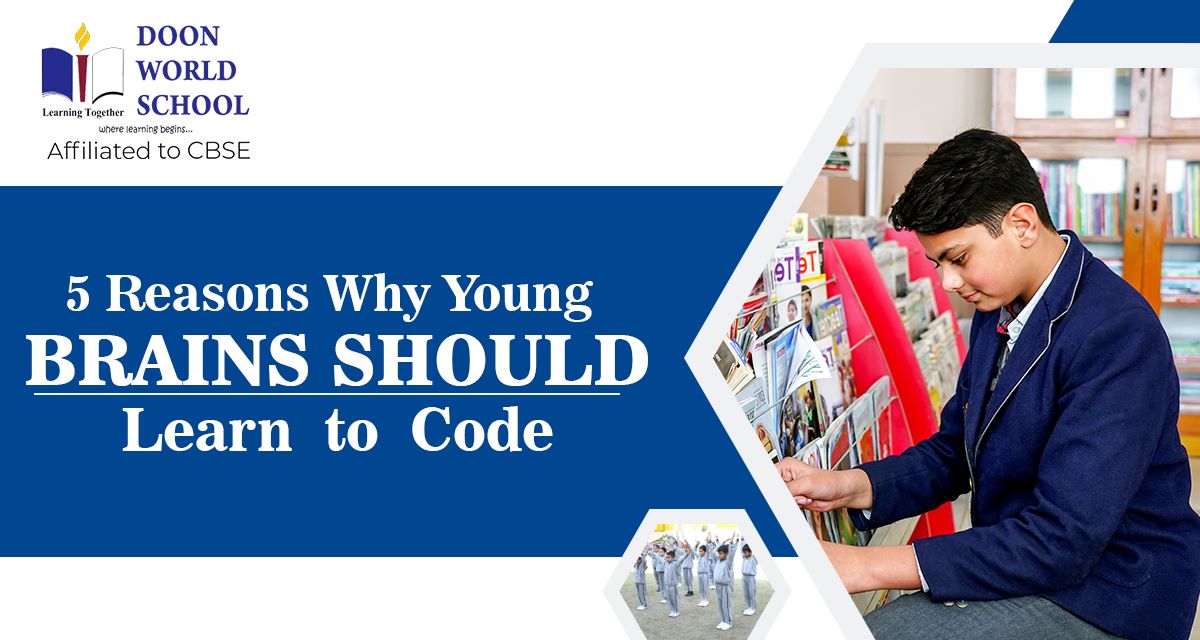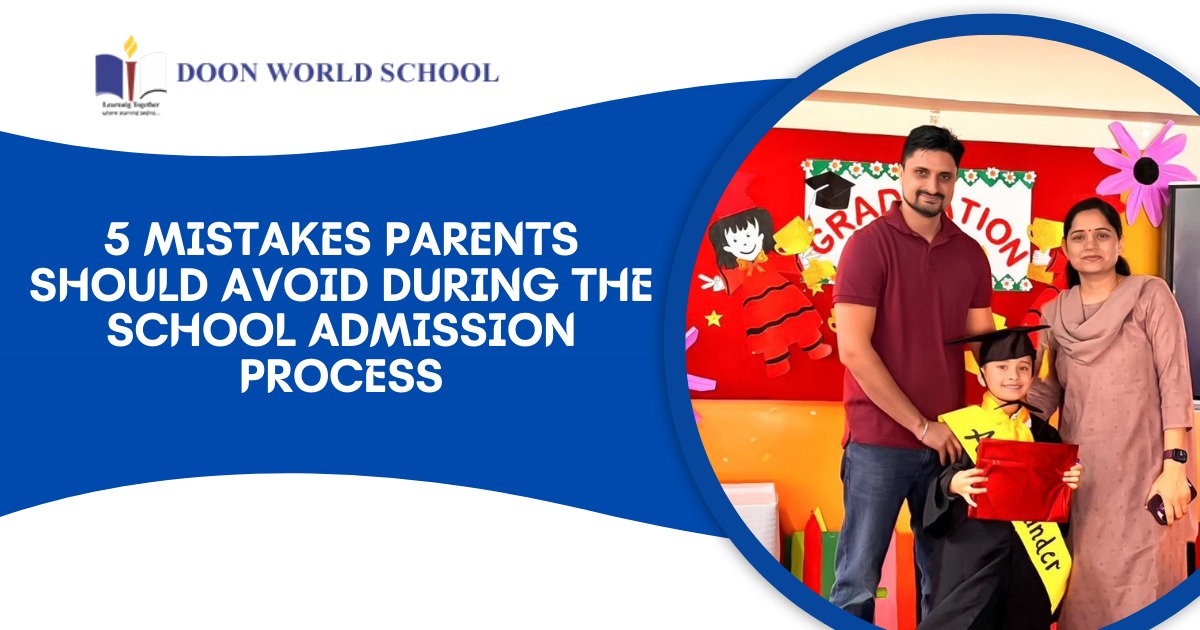
5 Reasons Why Young Brains Should Learn to Code
Learning programming languages such as C++ is an experience. C++ technologies are quite versatile. But, finding out what you want to achieve and where to start is the first obstacle you need to pass. The world of programming is both exhilarating and demanding. Students at the top CBSE schools in Dehradun who are just beginning their IT education should be patient and prepared to put in a lot of time and work.
C++ is one of several high-level programming languages that employ abstraction (reducing and factoring details) to produce software for computers and other electronic devices. Children are drawn to C++ mostly for its game and app creation options, which allow them to be creative in a professional programming language. C++ technologies may range from simple games like tic-tac-toe to complex undertakings like music library data structures.
While learning to program in C++, children will not only exercise their imaginations and creative talents, but they will also sharpen their problem-solving and analytical skills. Writing and executing their code meticulously will help students to learn via experimenting. After learning a professional programming language like C++, children will be able to proceed to more complicated languages in the future.
Table of contents
Furthermore, since C++ is utilized by a large number of firms, like Amazon, Google, Facebook, and Android, learning the language may lead to lucrative job opportunities in the future.
So, from the best CBSE school in Sahastradhara, here are five reasons why young brains should learn to code.
Coding Is a Different Language
Language skills teach youngsters how to communicate and foster rational thinking. Language also helps to strengthen both verbal and written communication skills. Children should be exposed to a variety of languages from an early age as it allows children to better grasp their surroundings.
Similarly, coding has its own language. In coding, each letter of the alphabet is represented by a distinct combination of 0s and 1s. These 0s and 1s provide instructions on how the technology around us should operate.
Coding Promotes Creativity
Coding is a naturally creative process that starts with nothing and ends with something. Coding, like painting or cooking, helps a youngster to gain joy from the activity. In the actual world, creative activities are frequently constrained by the things at our disposal, such as food when cooking or a canvas when painting. But, in the virtual world of coding, the only limitation is the child’s imagination. And, since creativity reflects the capacity to combine old ideas with new answers, methods, and thoughts, it serves as the basis for innovation, inventiveness, and leadership.
Coding Helps Youngsters Improve Their Math Skills
Coding enables students to visualize abstract concepts, allows them to apply arithmetic to real-world circumstances, and it makes math enjoyable and creative. Furthermore, coding is used in many STEM curricula nowadays.
Coding Increases Academic Writing Performance
Youngsters that learn to code have a better understanding of how to plan and arrange their thoughts. This can lead to improved writing abilities, which can be developed as coding skills improve over time.
Coding Teaches Youngsters to Be Self-Assured Problem Solvers
In the digital age, coding is a core literacy, and it is vital for children to learn, participate with, and grasp the technology around them. Learning to code at a young age helps youngsters prepare for the future.
Additionally, coding improves communication, creativity, numeracy, writing, and confidence in youngsters.
Conclusion
Coding is the future and learning to code will prepare youngsters with so much more. Hence, as the best school near Sahastradhara Road, Dehradun, we believe that it’s reasonable to assume that coding is one of the most beneficial pastimes for your child to take up, given that it can foster their ability to persist, communicate, be creative, and engage in higher-order thinking.


